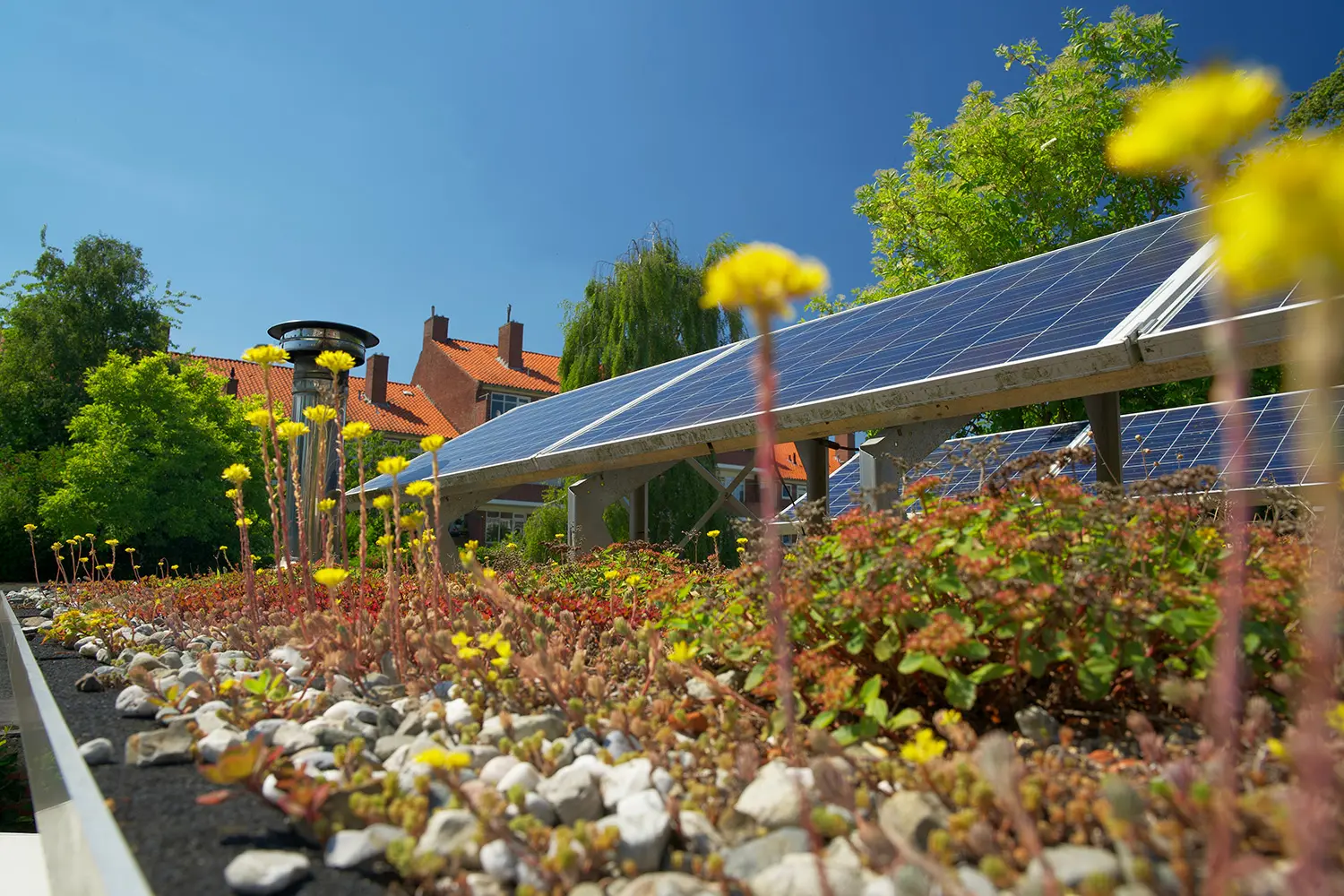
The Energy Paradigm Shift:
From Heat to Work – A Zero-Carbon Transition
As the global community races toward a zero-carbon future, the way we produce, distribute, and use energy is undergoing a profound transformation. A recent study published in Energy Efficiency by Nick Eyre highlights an underappreciated yet critical aspect of this transition: moving from fossil fuel combustion (heat-driven processes) to renewable electricity-based systems (work-driven processes). Let’s explore how this shift is reshaping energy systems, cutting emissions, and promising a more sustainable future.
For over a century, fossil fuels like coal, oil, and natural gas have dominated global energy systems. Their role has largely revolved around combustion—burning these resources to create heat, which is then used to generate mechanical work or electricity. This process, while convenient, is rife with inefficiencies:
The advent of renewable energy technologies like solar photovoltaics and wind turbines has introduced a new paradigm. These sources generate electricity directly, bypassing the need for combustion. The implications of this shift are transformative:
Eyre’s study underscores that electrification not only changes how energy is produced but also how it is used. Two sectors stand out:
Traditional heating systems rely on fossil fuels burned on-site, resulting in substantial energy loss. Electrification, through technologies like heat pumps, flips the script. Heat pumps move heat rather than create it, achieving efficiencies of 300-400% compared to conventional boilers. This makes them an ideal solution for residential, commercial, and industrial heating.
The transport sector, historically powered by internal combustion engines (ICEs), is undergoing a shift to electric vehicles (EVs). EVs convert electrical energy into motion with efficiencies exceeding 90%, far outperforming ICE vehicles, which lose much of their energy as heat. This not only reduces energy demand but also cuts operational costs and emissions.
One of the most striking findings of the study is the potential for a 40% reduction in final energy demand by transitioning from fossil fuels to renewable electricity. This reduction is achieved by:
These improvements underscore the importance of not just switching to renewables but rethinking how energy is consumed.
While the benefits are clear, the transition is not without challenges:
False solutions, such as prolonging fossil fuel use through carbon capture or “clean coal” initiatives, risk diverting resources from these critical changes.
The transition from heat-based to work-based energy systems represents more than a technological shift—it’s a reimagining of how we power our lives. By embracing renewable electricity and prioritizing efficiency, we can dramatically reduce emissions, lower energy demand, and pave the way for a truly sustainable future.
At FalseSolutions.org, we stand against half-measures and advocate for bold, science-backed approaches to tackling the climate crisis. As this study shows, the solutions are within reach. Now is the time to act.
Visit FalseSolutions.org to learn more about renewable energy and debunking false solutions.
12/10/2024 – This article has been written by the FalseSolutions.Org team